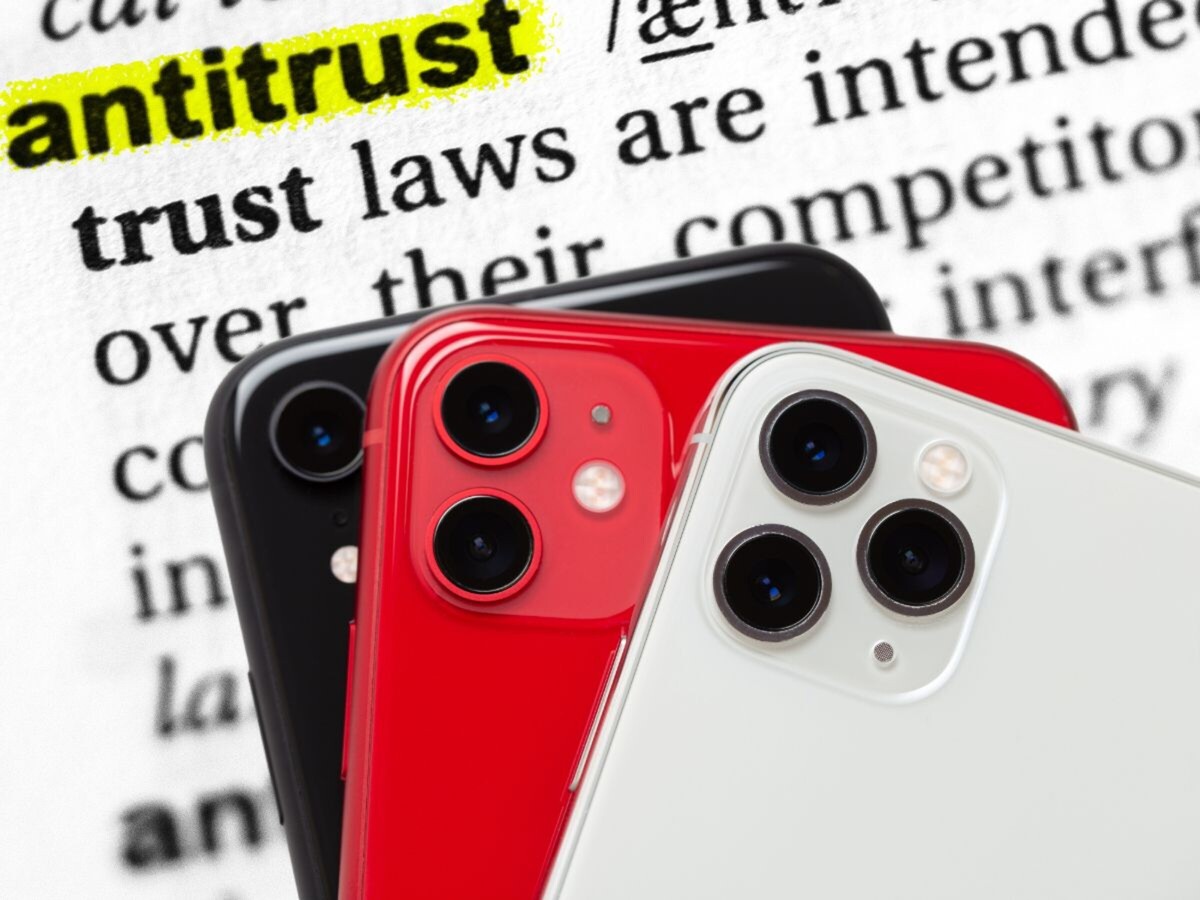Image


NEWARK, N.J. – In a bold move against corporate dominance in the tech industry, New Jersey Attorney General Matthew J. Platkin, alongside the U.S. Justice Department and 15 other states, has filed an antitrust lawsuit against Apple Inc. The legal action, lodged in the U.S. District Court for the District of New Jersey, accuses the tech giant of monopolizing the smartphone market, thereby stifling innovation and limiting consumer choice in violation of both the Sherman Act and New Jersey state law.
The lawsuit illuminates Apple's substantial hold over the U.S. performance smartphone market, with the company commanding more than a 70 percent share by revenue. Central to the case is Apple's App Store, where developers are compelled to relinquish up to 30 percent of their earnings to Apple. This fee applies not just to app sales but also to any purchases made within the apps themselves. Additionally, the lawsuit argues that Apple's contractual restrictions hinder developers' ability to innovate and communicate with iPhone users about pricing and purchasing options.
Moreover, the complaint outlines Apple's control over the application programming interfaces (APIs), critical for app functionality on iOS, Apple's operating system. By categorizing APIs as either public or private, Apple allegedly curtails developers' ability to offer features that could make competing smartphones more attractive.
Attorney General Platkin criticized Apple's approach, stating, "Apple’s dominance in the smartphone market is not an accident. Instead, Apple has gone to great lengths to create a monopoly that affected not only the smartphone industry but also the choice of apps, payment systems, smartwatches, and more."
The lawsuit also addresses how Apple's practices affect services beyond smartphones, including instant messaging, payment services, and smartwatches. It highlights instances where Apple purportedly compromised on privacy and security to protect its financial interests, such as defaulting to Google as its search engine due to lucrative agreements, despite more privacy-conscious alternatives being available.
In seeking to maintain its position, Apple is accused of blocking or degrading technologies that would facilitate switching to other smartphone brands, thereby reinforcing its monopoly. This includes limiting access to near-field communication (NFC) technology, essential for tap-to-pay features, to thwart the development of cross-platform payment systems.
The coalition of states, led by New Jersey and the Justice Department, is advocating for substantial injunctive relief, including potential structural changes to Apple’s business model, to dismantle the alleged monopoly. They also seek reimbursement for the costs incurred in bringing the lawsuit.
The coalition includes:
Representing New Jersey in this landmark case are Deputy Attorney General and Assistant Section Chief of Antitrust Isabella R. Pitt, along with Deputy Attorneys General Andrew F. Esoldi, Leslie Prentice, Ana Semoun Atta-Alla, and Yale A. Leber, under the supervision of Director Michael T.G. Long and Assistant Attorney General Brian F. McDonough.
This lawsuit marks a significant step in addressing concerns over monopolistic practices in the technology sector and aims to foster a more competitive and innovative market for smartphones and related technologies.